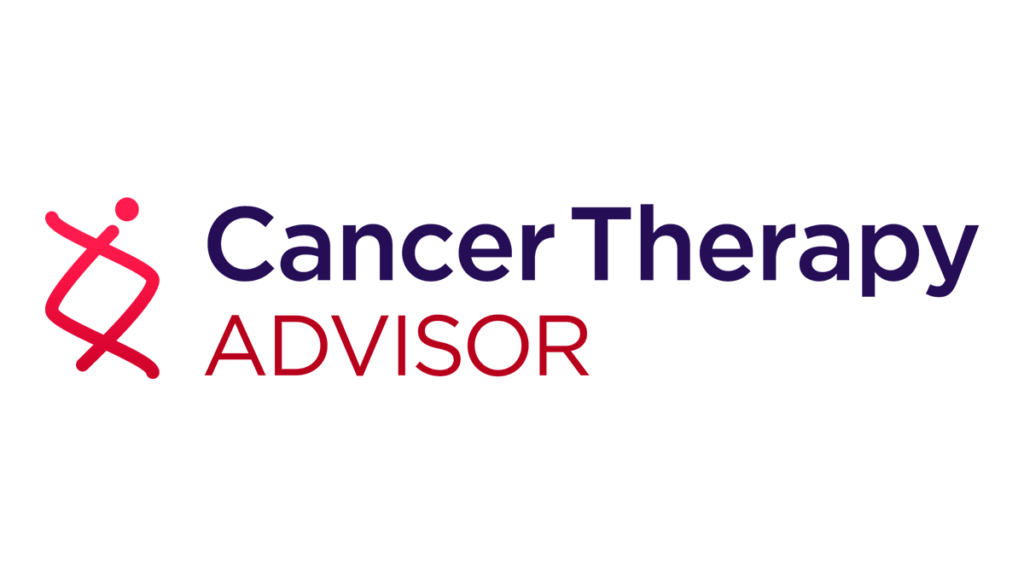Artificial intelligence (AI) is advancing rapidly in lung cancer care, offering potential improvements in screening, diagnosis, and personalized treatment. Although AI shows promise in enhancing early detection and tailoring therapies, researchers emphasize the need for robust validation and real-world testing to ensure these tools effectively improve patient outcomes across diverse populations.
Key Points:
- AI tools like Sybil and the Virtual Nodule Clinic are being developed to predict lung cancer risk and improve nodule classification from CT scans.
- Current lung cancer screening rates remain low, with only 4.5% of high-risk individuals in the US undergoing screening in 2022.
- AI-assisted diagnosis of lung cancer demonstrated 87% sensitivity and specificity in a meta-analysis of 14 studies.
- Machine learning models have shown potential in predicting EGFR mutations and other genetic alterations to guide targeted therapies.
- AI algorithms are being used to analyze histopathology slides for cancer classification and prognosis prediction in early-stage non-small cell lung cancer.
- Researchers caution that AI tools must be developed using diverse, representative datasets to avoid exacerbating healthcare disparities.
- Integration of AI across the spectrum of lung cancer care requires careful validation and comparison with standard practices to demonstrate improved outcomes.

“Integrating various data such as CT images, pathology, patient’s history, clinical features, physician’s diagnosis, and patient follow-up into the AI-assisted diagnosis system for all-round evaluation of patients is the future direction of AI development.”
More on AI
 PATIENT EDUCATION
PATIENT EDUCATION  OBESITY/WEIGHT MANAGEMENT
OBESITY/WEIGHT MANAGEMENT  EXERCISE/TRAINING
EXERCISE/TRAINING  LEGAL MATTERS
LEGAL MATTERS  GUIDELINES/RECOMMENDATIONS
GUIDELINES/RECOMMENDATIONS 